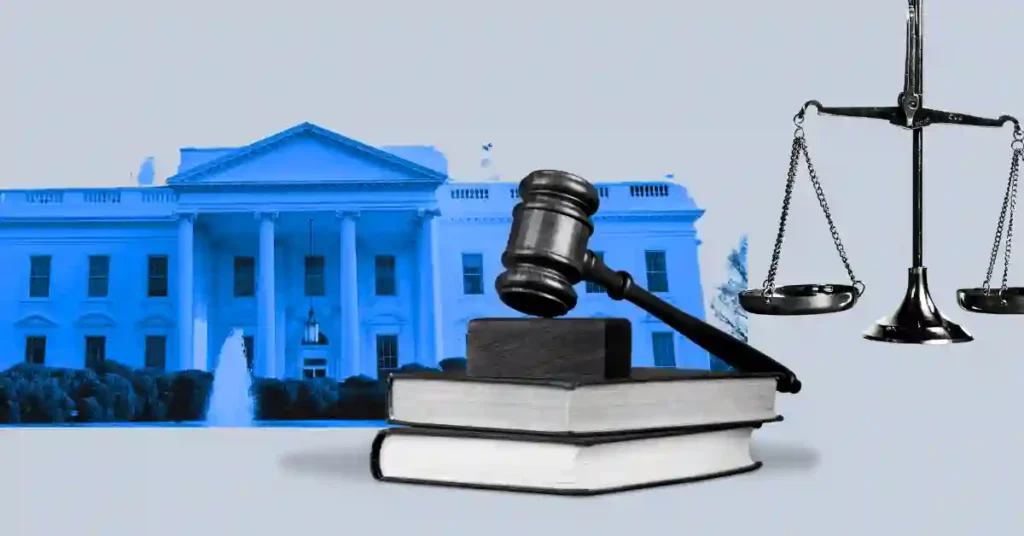Cryptocurrency advocate John E. Deaton has once again expressed the need for regulatory reform in the US cryptocurrency market. A frequent critic of SEC Chairman Gary Gensler, Deaton says the current patchwork of rules stifles innovation and creates confusion for both companies and investors.
This time, he proposes a bold and controversial solution: merging the SEC (Securities and Exchange Commission) and the CFTC (Commodity Futures Trading Commission) into a single powerful regulator. Could this long-debated consolidation finally bring clarity to crypto regulation?
Why consolidation is necessary
Speaking on Mornings with MariaPerianne Boring, founder of the Chamber of Digital Commerce, highlighted how having two agencies tasked with overseeing financial markets leads to inefficiency and confusion. Deaton agreed, pointing out that a merger between the SEC and CFTC could eliminate overlapping responsibilities and resolve conflicts between the agencies.
According to Deaton, this unified approach would provide clearer guidelines for companies navigating securities and commodities regulation. It could also bring the United States closer to other countries with a single financial regulator, strengthening its competitiveness on the global stage.
The “gray zone” of crypto
Cryptocurrencies often lie in a gray area between securities and commodities, which has led to inconsistent regulatory treatment. Deaton believes merging the SEC and CFTC would simplify compliance for businesses and create a more cohesive regulatory framework.
Elon Musk and Vivek Ramaswamy, both ardent supporters of Dogecoin (DOGE), are emerging as potential advocates of the idea. They say a unified regulator could bring much-needed clarity to emerging technologies such as blockchain and cryptocurrencies, encouraging innovation while protecting investors.
A look at the XRP case
Deaton cited XRP as a prime example of the problems caused by regulatory inconsistency. In 2015, FinCEN classified XRP as a virtual currency. However, five years later, the SEC declared it a chattel security, resulting in significant financial losses for investors.
Deaton believes that a single regulator could avoid such contradictions and provide clearer guidance to the market.
Deaton also highlighted the need to consolidate payment regulation. Currently, more than a dozen federal agencies, including the Federal Reserve, FinCEN, and the SEC, regulate payment systems. A unified regulatory framework could streamline these processes, reduce bureaucracy, and make the U.S. financial system more efficient.
Congress Takes Action
On September 12, US Congressman John Rose introduced a bill to create a joint advisory committee on digital assets. As part of the “Bridging Regulator and Innovation for Digital Global and Electronic Digital Assets Act,” the committee aims to foster collaboration between the SEC and the CFTC.
The proposed committee would include at least 20 non-governmental members, such as industry experts, academics and users, as well as representatives from both agencies. Meeting twice a year, the committee would develop recommendations to harmonize laws, evaluate digital assets and explore how blockchain can improve efficiency and consumer protection.
Public agency responses to these recommendations would ensure accountability.
A strong crypto advocate, Rose aims to replace “regulation by application” with a cooperative framework that fosters innovation in the United States. His pro-crypto stance includes support for the FIT21 law and opposition to excessive government control over digital assets.
The future of U.S. crypto regulation depends on bold action: whether it’s consolidation or collaboration, change seems inevitable.




